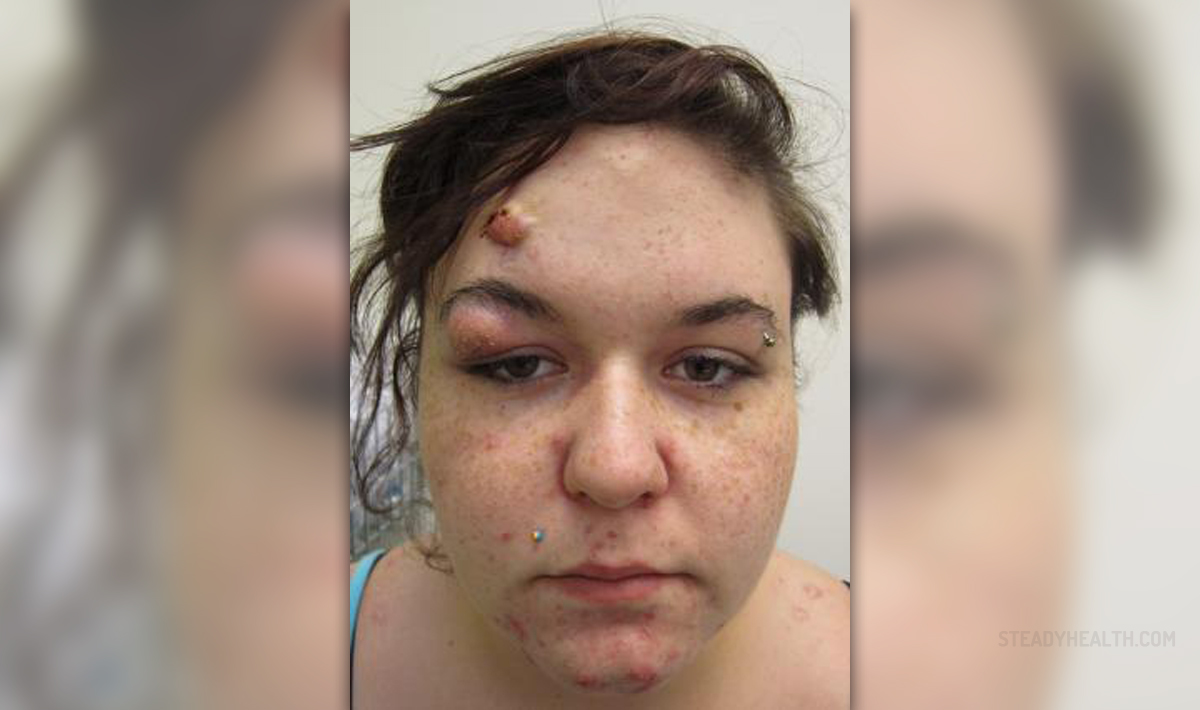
Cystic acne are usually associated with children and teenagers, and they are less common in adults. When occurring in adults, this type of acne, also called nodulocystic acne, are considered a severe skin problem and require serious treatment.
Cystic acne are usually very painful, and they often leave a scar. Pus-filled lesions appear on the skin and they primarily consist of blood cells, bacteria and dead skin cells.
Cause of cystic acne in adults
It is certain that cystic acne result from infective processes inside the skin, around the hair follicles. It is not perfectly clear what exactly causes the infection, but it is believed that several factors may play a role in it. Use of certain cosmetic products, like moisturizers, anti-wrinkle creams and others, changes in lifestyle, unhealthy diet, alcohol consumption, smoking, drug abuse, exposure to air pollutants, stress, depression and hormonal imbalances are all believed to be factors that increase the risk of cystic acne.
Treatment of cystic acne in adults
Cystic acne is a condition that is rather difficult to treat, it is a persistent problem that requires patience and devotion, and even after the treatment, there is a great chance that the acne will reoccur. There are still ways to relieve the pain and other symptoms, to improve the appearance of the acne-afflicted skin and to prevent severe scarring.
Initial treatment usually consists of medication and topical creams and ointments. Oral medications are usually prescribed alongside topical ones, because they tackle the problem from its root and from the inside. Severe cases of cystic acne may need to be treated surgically.
As for the medication, the best way to treat cystic acne is to use antibiotics. Antibiotics attack and suppress the bacteria that are the root cause of the problem. Severe cases of cystic acne may require higher doses and longer periods of treatment.
As for the mild and moderate cases, products for topical use can be quite effective. In addition to pharmacological treatment, it is very important to maintain good personal hygiene. This means washing the face regularly with mild antiseptic soap and using antibacterial face cleansers.
Many people resort to home remedies during the treatment of cystic acne. Home remedies are usually not enough to treat the acne on their own, but they can speed up the process and help with some of the symptoms, like pain, redness and itching. Some of the good home remedies for cystic acne in adults include baking soda, tea tree oil, honey and potato. Birth control pills can also be used in cases where cystic acne are caused by hormonal problems.




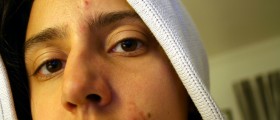
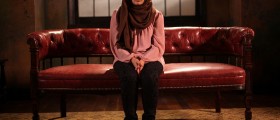
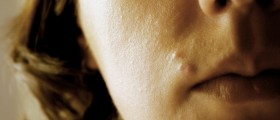


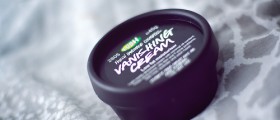

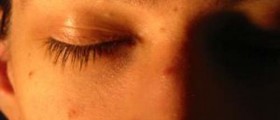
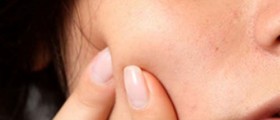
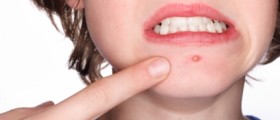
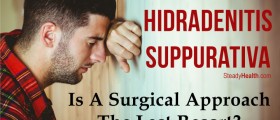
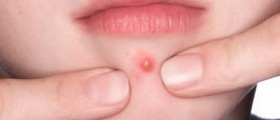
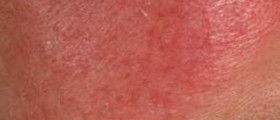
Your thoughts on this
Loading...